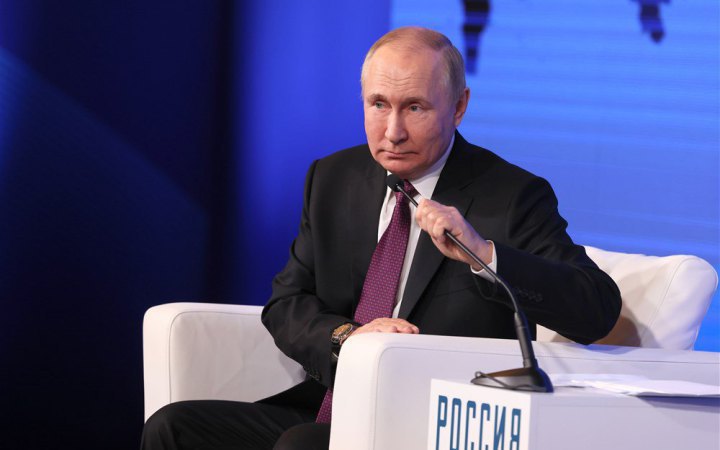The PACE Committee on Legal Affairs and Human Rights raised concerns over the legitimacy and legality of amendments to the Russian Constitution made in July 2020. These amendments, including removing presidential term limits, have allowed President Vladimir Putin to remain in office until 2036, reports the PACE press service.
"The overwhelming power of the President resulting from the extremely long term in office combined with the lack of any checks and balances such as a strong parliament, an independent judiciary, free media and a vibrant civil society has turned the Russian Federation into a de facto dictatorship,” the parliamentarians said.
Unanimously approving a draft resolution based on a report prepared by Pieter Omtzigt (Netherlands, EPP/CD), the committee recalled the findings of the Council of Europe Venice Commission that “term limit waiver for the incumbent President violates both the Russian constitution and international legal principles.”
The Russian aggression against Ukraine and its aftermath demonstrate that dictatorships “constitute a threat to the international peace and security and to the territorial integrity and political independence of their neighbours”, as defined in Article 2 of the UN Charter.
"It is therefore in the interest first and foremost of the people of Russia, but also of Europe and the whole world that democracy be restored in Russia," the committee concluded.
Finally, the committee reaffirmed its support for the future ad hoc international criminal tribunal to hold the Russian leadership, including President Putin, accountable for their actions, starting with the illegal annexation of Crimea, the war in the Donbas region and the downing of flight MH17.
In early July, the United States once again called for a "hybrid tribunal" over Russia. This is a tribunal based on Ukrainian law, but incorporating the concepts of international law.
On 3 July, the International Center for the Investigation of the Crime of Aggression (ICPA) was opened in The Hague (Netherlands), which is the first step towards a tribunal for the Russian military and political elite.
Prosecutors from Ukraine, the European Union, the United States, and the International Criminal Court (ICC) will work at the Center. They will investigate and collect evidence as an interim step before a special tribunal is established to hold Kremlin officials accountable for starting the war in Ukraine.
Earlier, at a briefing on the occasion of his meeting with Dutch Prime Minister Mark Rutte and Belgian PM Alexander de Kroo, President Volodymyr Zelenskyy said that Ukraine's position was clear: the tribunal should be specific, without hybrid formats. Before that, Estonian PM Kaja Kallas explained that the creation of a hybrid tribunal would allow Russian President Vladimir Putin, Russian Foreign Minister Serhei Lavrov, and others to avoid responsibility for the crime of aggression against Ukraine.
A hybrid tribunal could combine Ukrainian jurisdiction with a process based on international law, and it would need to be supported by the UN General Assembly. Judges could also come from different countries. This option is supported by the West, but not by Ukraine and some of its allies. The Ukrainian government has explained that the hybrid format does not guarantee that Putin, Lavrov, and others will be lifted from their immunity. Instead, Kyiv proposes to create an International Special Tribunal, which will try the highest military and political leadership of the aggressor country.








